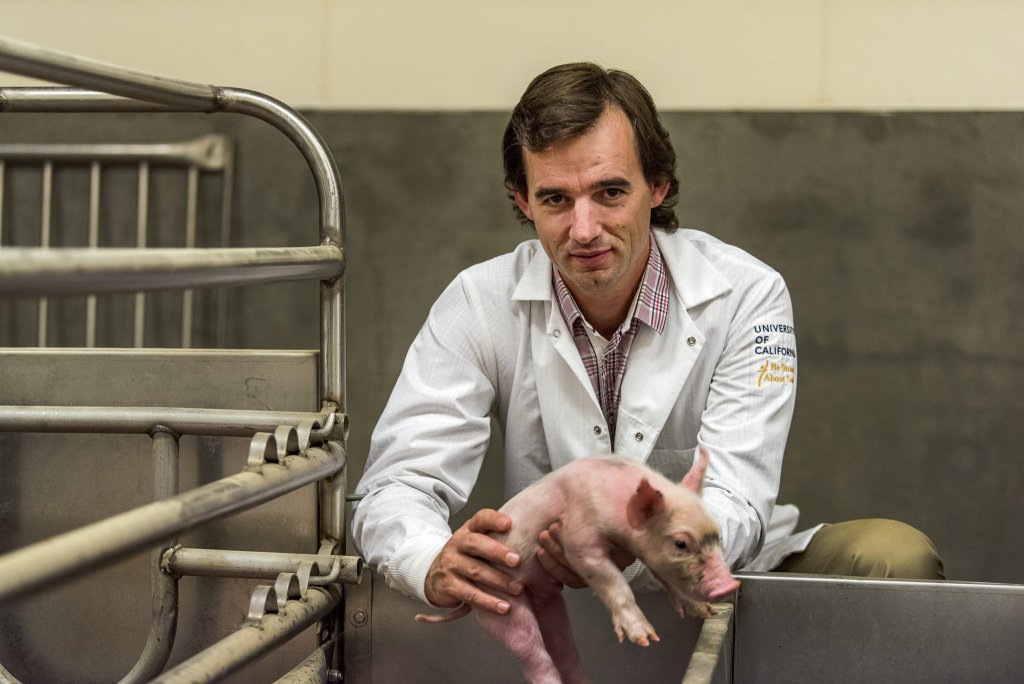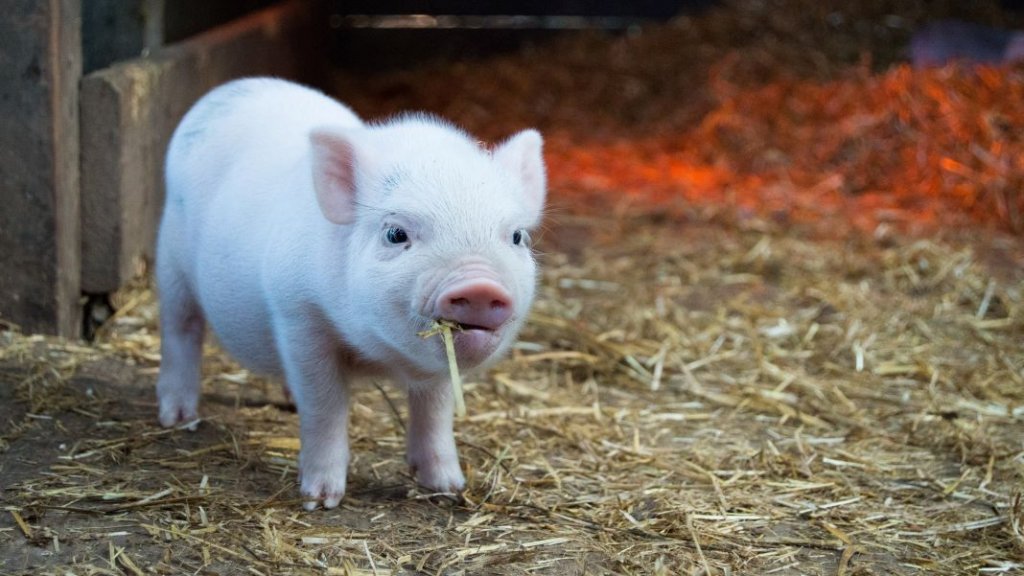After attending lectures on stem cells and tissue engineering, I found myself to be very intrigued by chimeras and the diversity capabilities of specific cells. Specifically, the possibility that we could potentially grow human organs in another species, with the intention of organ donation, was something that seemed so unbelievable to me. This provoked me to research further into how close to achieving this we may be, as there is also bound to be ethical issues surrounding this worth discussion. Currently, the NHS weekly statistics reports that 6963 people are currently waiting for organ transplants in the UK. The NHS also reports that 30 in 100 patients experience organ rejection following the implementation of a donated organ. Therefore, I believe it to be an important issue worth researching to find more solutions for.

What research is currently being done?
Investigation of this subject lead me to find the research done by Dr. Pablo Ross who has used his extensive veterinary experience, combined with his in-depth knowledge of stem cells to conduct experiments on creating a human-pig chimera. So far, the research and its limited funding, has lead as far as creating chimeras which contain approximately every 1 in 100,000 cells of the pigs being human because pigs and humans are such distant relatives. With this being the extent of current research, it is fair to say we are not yet at a point where human-pig chimeras are able to provide functional help in the medical world. The end goal is that one day we may grow an organ that is fully human or at least made up of enough human cells that it may overcome the prevalent issue of organ rejection.
How ethical is it?
The immediate issue that should be addressed is that testing on animals can not always be seen as entirely ethical as they cannot provide their own informed consent for such procedures and research to take place. It is because of this that humans must make the decision to evaluate if the potential harm to the animals outweighs the benefits of the research or not. The benefits of this line of research, if successful, could potentially lead to a huge reduction in organ rejection, as well as a largely reduced waiting time for all those suffering with organ failure. However, the concept of breeding animals for the purpose of organ donation to humans, which is potentially a very invasive procedure, raises many ethical concerns. My thoughts are that if the research is to be done at all, it may be, in some sense, more fair to use animals who are already being bred with the purpose of being used for their meat as then more of the animal can be used, instead of disregarded.

This is a fair to good blog, reflecting on your recent learning in some of your modules. You provide a well-told story, showing how your new knowledge of potential human/pig chimeras has led you to explore ethics.
You could improve by developing a more scholarly approach, critically analysing the evidence, and by making sure you cite it. Your ethical viewpoints may or may not be correct, but I recommend you attempt to back them up with some evidence drawn from other sources.